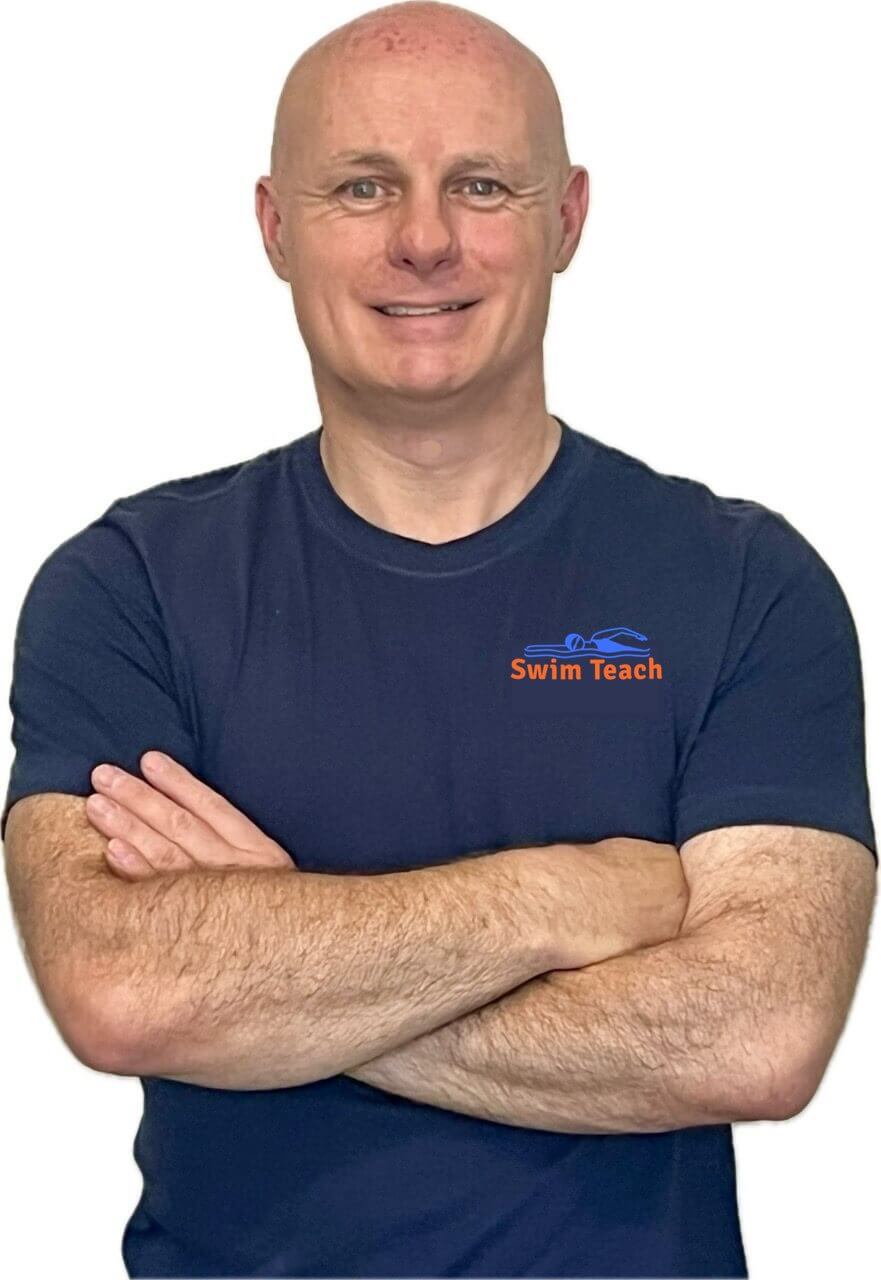- Swim Teach Home
- teach your kid to swim
- How to Swim for Kids
How To Swim For Kids
As a parent or carer, you need to know how to swim for kids. Learning how to swim is high on everyone's list of life skills, and learning as a child is absolutely the best time.
Most kids have little or no fear when it comes to water, so teaching them how to be safe and confident is extremely important.
The Swimming Teacher's Approach To How To Swim For Kids
The best swimming teachers approach teaching kids to swim in a methodical way, teaching them the essential basics like breathing, submering and floating along with the obvious movements like leg kicks and arm pulls.
When it comes to how to swim, for kids, they must get used to the following:
- moving around in the water
- breathing
- floating
- submerging
- gliding
If your child finds any of the above skills difficult, then try allowing them to play and bring some games into their play that incorporate some of these skills.

Enjoyment is the key to successful learning!
The best kind of learning happens when an activity is fun. Fun leads to enjoyment and enjoyment leads to progress. If a child is having fun in the water, then it is essential to keep the momentum of enjoyment going.
Use some of the following games to keep your child happy and engaged.
Teach Your Child To Swim Through Games and Play
Discover 60 games that use the power of play to embed basic swimming skills and help make your child a happy and confident swimmer (click here for a preview and full index of all 60 games).
Don't miss out! Click here to check it out and grab your copy.

Need more awesome games like these ones?
Look no further. My best-selling book contains 60 simple, yet effective games that use the power of play to help parents teach their children how to swim. How to swim for kids made easy!
Make It Easy For You Kids To Learn To Swim
Download your copy and discover the power of play!
 Teach Your Child To Swim Through Games And Play
Teach Your Child To Swim Through Games And Play60 games that use the power of play embed basic swimming skills and make your child a happy and confident swimmer.
$14.99

I am a member of the Amazon Associates Program and I will earn a commission from qualifying purchases at no extra cost to you.
Teach Your Kid To Swim
For more indepth details on each of the essential how to swim for kids basics, click here.


